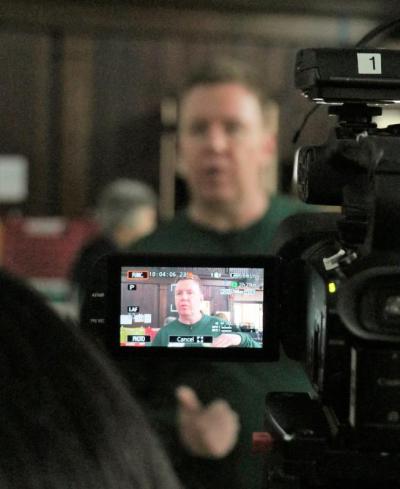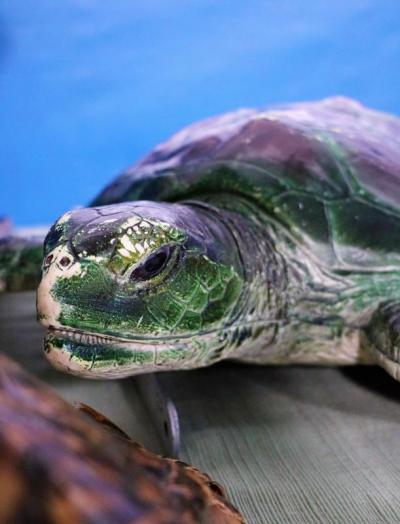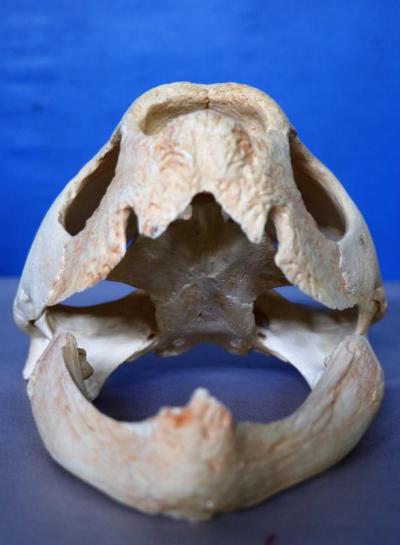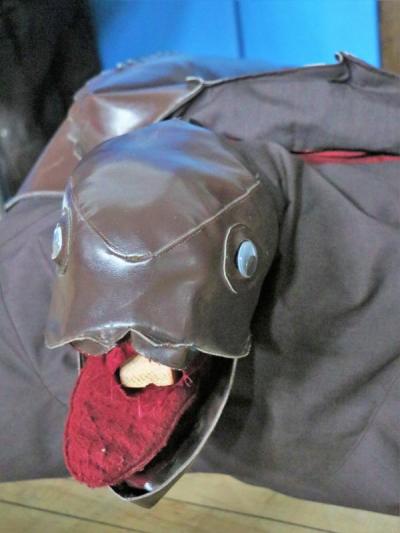Local efforts to save sea turtles
The Wareham Land Trust and Wareham Boys and Girls Club partnered to screen a free documentary, “Saving Sea Turtles: Preventing Extinction” on Saturday in Onset. Attendees had an opportunity to visit informational tables and learn more about conservation organizations and local efforts to save the turtles.
"Our goal is to find like-minded people in the community who want to preserve our space and make it available for the public to enjoy,” said JC Weber, a member of Wareham Land Trust’s Board of Directors. “We believe it is very important to engage the community because, in Land Trust, we are able to accomplish what we do with the help of the town members’ collective work.”
The documentary featured a record-breaking sea turtle stranding season in 2014 on Cape Cod when over 1,200 cold-stunned turtles washed ashore. According to the movie, over 90 percent of them were Kemp’s Ridleys, the world’s most critically endangered species.
The term ‘stranding’ refers to all sick, injured, incapacitated or dead turtles that were either found ashore or at sea. It includes turtles which were entangled in fishing nets, synthetic debris or other waste. Frequently, turtles are exposed to prolonged cold water temperature, which leads to a decreased heart rate, lethargy, and possible death.
Stranded on Cape Cod beaches, turtles are frequently rushed to Massachusetts Audubon Society’s Wellfleet Bay Wildlife Sanctuary for emergency treatment. Weber believes the movie helps raise awareness about this issue.
“These cold-stunned turtles can be found in Cape Cod Bay and Buzzards Bay,” said Weber. “If people who are boating or walking on the beach see a stranded turtle, it is important for them to know that they can report it to a wildlife sanctuary so they can come and help the creature.”
The documentary presented several other major environmental factors that affect marine life, including a rapid climate change, which leads to disparity between males and females turtle population. According to Steve Parks, a member of New England Coastal Wildlife Alliance, at incubation temperature more female offspring hatch, while cooler temperatures yield more males.
“In a recent study that I’ve read said the researched had already witnessed sea turtles population changing because of the warmer climate, which brings more females than males,” said Parks.
The conservation groups that attended the event included the National Marine Life Center, Wareham Dept. of Natural Resources, New England Coastal Wildlife Alliance, and the Buzzards Bay Coalition.
If you want to report sick, injured, dead, or distressed sea turtle or marine mammals, contact any of the organizations listed above or call NOAA Fisheries Greater Atlantic Regional Fisheries Office at 866-755-6622.















